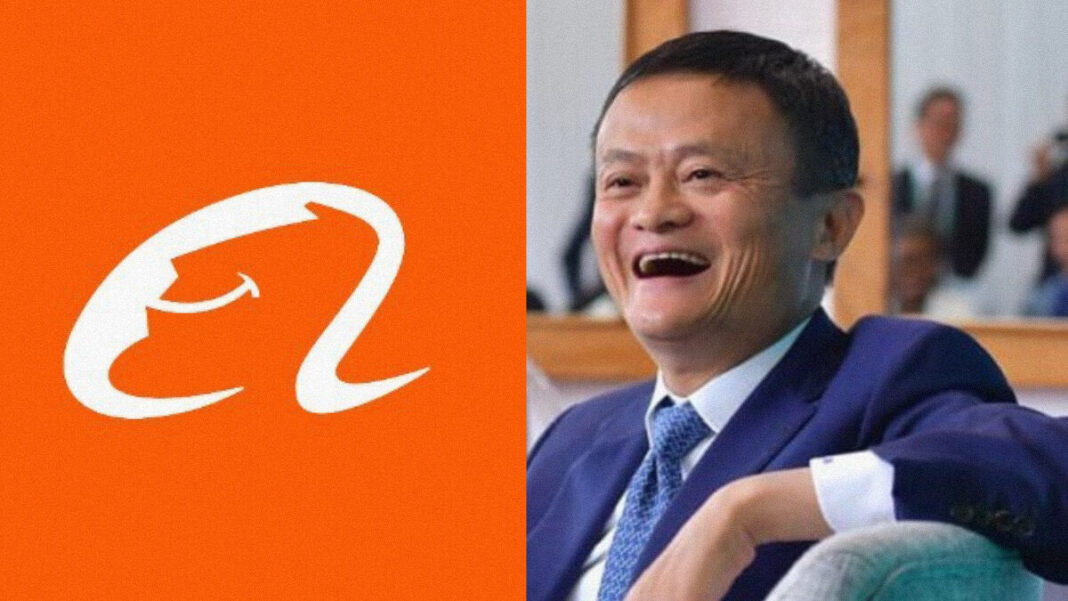CHINA: With China promising to lighten a broad regulatory crackdown and promote its private firms, Alibaba Group (9988.HK) announced on Tuesday that it plans to split into six units and seek fundraising or an IPO for the majority of them.
The Chinese e-commerce conglomerate’s U.S.-listed shares increased more than 10% despite having lost about 70% of their value when the bans were implemented in late 2020.
Alibaba announced that it would be divided into six sections, including the Cloud Intelligence Group, Taobao Tmall Commerce Group, Local Services Group, Cainiao Smart Logistics Group, Global Digital Commerce Group, and Digital Media and Entertainment Group. Jack Ma’s redesign is part of Beijing’s efforts to encourage private sector growth.
Experts claimed that the division might lessen regulatory monitoring of the computer behemoth, whose extensive business has been a target of regulators for years.
According to Chief Executive Daniel Zhang, each business unit needed to address the market’s quick changes, and each employee of Alibaba needed to “return to the mindset of an entrepreneur.” Zhang will continue to lead the holding company-managed Alibaba Group as chairman and CEO, and he will also lead the Cloud Intelligence Group.
In addition to having a board of directors and a CEO, each of the six companies will also have the freedom to seek an IPO and raise outside funding, the company stated.
Taobao Tmall Commerce Group is a fully owned subsidiary of Alibaba Group. Zhang plans to reduce middle and back office operations but not employee reductions. Investors believe the separation will help Alibaba achieve its growth potential.
The U.S. investigation into Chinese digital companies could have had an impact on TikTok’s decision. According to Hariharan, managing director of global macro research, “the Chinese government may be signalling less antagonism towards its digital titans by smoothing the way for Alibaba’s numerous new units to list as a placatory message to U.S. and international investors.”
Jack Ma’s comeback
Regulatory oversight has caused deals to dry up and businesses’ willingness to take on risk to decline, leading to a shift in attitude towards the private sector. But businesses have been wary, citing a lack of new supportive policies and the new regulatory environment in private.
Upon founder Ma’s return to China on Monday, Alibaba’s shares increased as the market took note of his absence from China, which was seen as an indicator of the industry’s private companies’ cautious outlook.
Alibaba’s fight
“It does seem like a coincidence that this happened at the exact moment Ma appears at ease returning. I believe Alibaba has wanted to do this for some time but has been waiting for the appropriate opportunity,” said Stuart Cole, the broker Equiti Capital’s chief macroeconomist.
According to him, the restructuring “does infuse an element of flexibility and adaptation into the company, which is currently somewhat of a behemoth.”
Also Read: China Establishes Ties with Honduras, Taiwan Decries Monetary Demands



